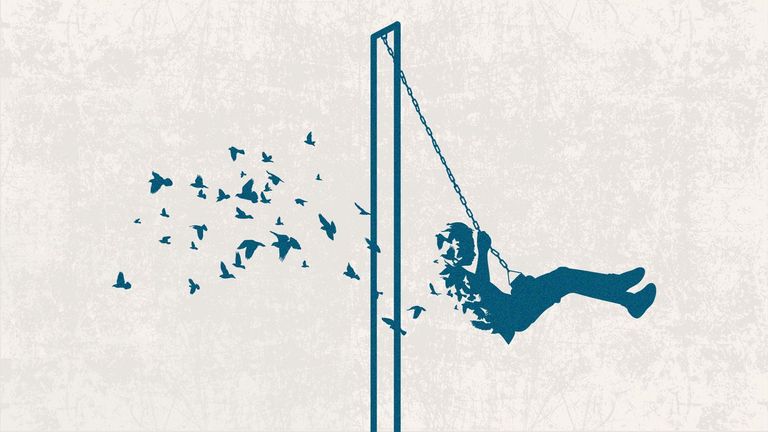Grief is a natural and normal response to loss. Whether it's the loss of a loved one, a job, a relationship, or a pet, the pain of grief can be overwhelming and difficult to bear. While there's no "right" way to grieve, there are strategies that can help you cope with your emotions and find healing.

One of the most important things you can do when navigating grief is to allow yourself to feel your emotions. It's normal to feel sadness, anger, guilt, and other emotions when you're grieving, and suppressing these feelings can actually prolong the grieving process. Instead, try to acknowledge and express your emotions in a healthy way, whether that's through journaling, talking to a trusted friend or therapist, or engaging in a creative outlet like art or music.
Another key strategy for coping with grief is self-care. When you're grieving, it's important to take care of yourself both physically and emotionally. This might mean getting enough sleep, eating well, exercising, and taking time for relaxation and self-reflection. It's also important to surround yourself with supportive people who can provide comfort and understanding during this difficult time.
Finding meaning in your loss can also be a powerful way to cope with grief. This might mean finding ways to honor your loved one's memory, or finding new opportunities for growth and self-discovery in the wake of your loss. Some people find that volunteering, starting a new hobby, or connecting with a support group can help them find meaning and purpose in their grief.
Ultimately, navigating grief is a process that takes time, patience, and self-compassion. It's okay to feel overwhelmed or uncertain, and there's no "right" way to grieve. By allowing yourself to feel your emotions, practicing self-care, finding meaning in your loss, and seeking support when you need it, you can find healing and move forward with hope and resilience.
Thank you for this.